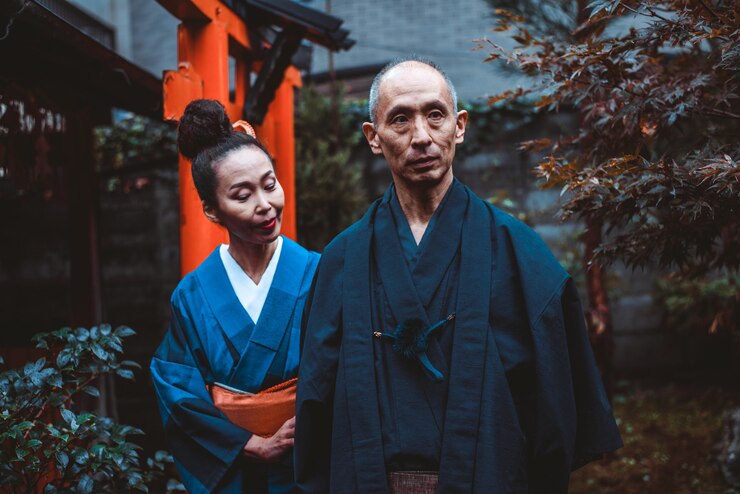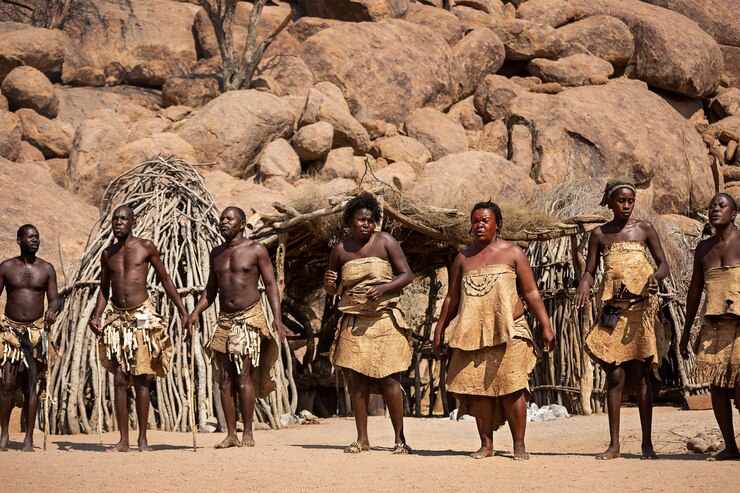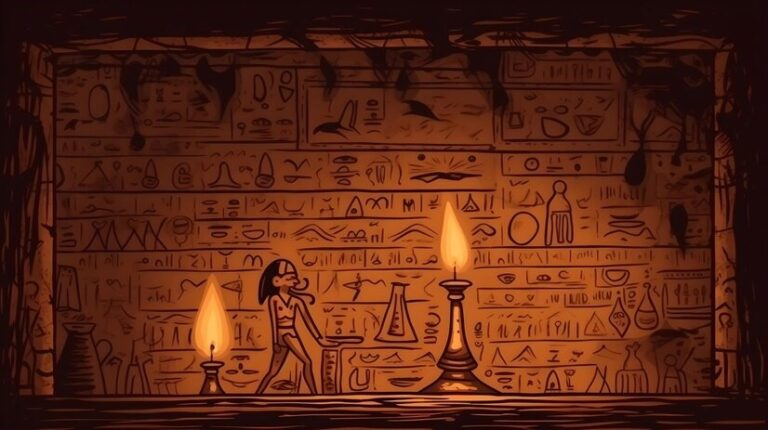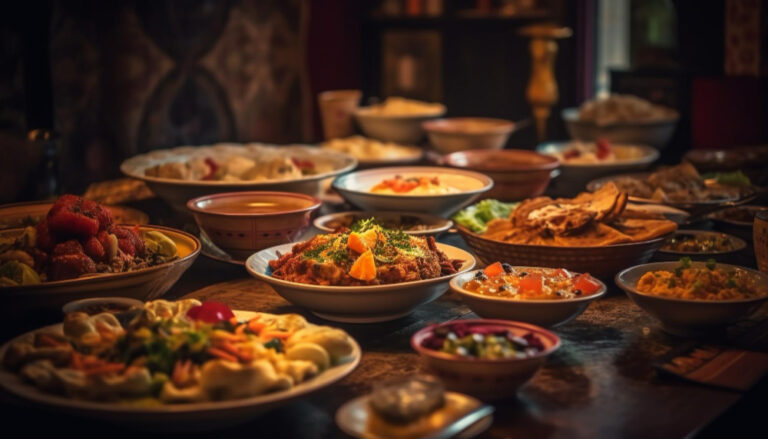Cultural Variations in Best Man Speeches: A Global Perspective
Weddings are significant milestones that celebrate love, commitment, and the union of two families. One of the time-honoured traditions that accompany this joyous occasion is the best man speech, a moment for the best man to honour the groom, share personal anecdotes, and offer well-wishes to the newlyweds. However, while these speeches often revolve around affection and camaraderie, the cultural context in which they are delivered can shape their content, tone, and style. From the light-hearted, humorous speeches typical of American weddings to the respectful and poetic expressions found in Japanese ceremonies, best-man speeches reflect personal relationships, cultural values, and social norms. This exploration delves into the diverse cultural variations of Best Man speeches around the globe, highlighting how different traditions shape this meaningful ritual. By examining these variations, we gain insight into the rich tapestry of wedding customs, celebrating the universal themes of love and the unique expressions of cultural identity.
·United States

In the United States, best man speeches are a beloved tradition, characterised by humour, sentimentality, and personal anecdotes that celebrate the groom and the couple’s journey. Typically delivered during the reception, the best man’s speech often begins with a light-hearted introduction, possibly poking fun at the groom or recounting amusing stories from their shared experiences. As the speech progresses, it usually shifts toward heartfelt reflections on friendship, loyalty, and the joy of seeing the groom find his partner. The best man may also express gratitude to the couple’s families for their support and the love surrounding the celebration.
While humour plays a significant role, the tone balances playfulness with genuine emotion, creating a memorable moment for both the couple and the guests. The speech often concludes with a toast, raising glasses to celebrate the newlyweds’ future together. Although Cultural Variations in Best Man Speeches can vary in length, they typically last between three to five minutes, providing enough time to entertain without losing the audience’s attention. This blend of humour and heartfelt wishes makes the best man’s speech a memorable highlight of American wedding celebrations.
·United Kingdom

In the United Kingdom, best man speeches are a cherished component of wedding celebrations, often blending wit, warmth, and a touch of cheekiness. Traditionally, the best man is expected to deliver a speech that reflects British humour, including self-deprecating jokes, playful banter with the groom, and amusing anecdotes that illustrate their friendship. The speech typically begins with an engaging introduction, capturing the audience’s attention before diving into light-hearted stories that reveal the groom’s character or past misadventures. While humour is a significant element, best-man speeches in the UK also convey a sense of sentimentality, acknowledging the couple’s love and journey together. The best man often expresses gratitude to the bride and her family, reinforcing the importance of family unity in British culture. Concluding with a toast, the speech invites all guests to raise their glasses to celebrate the couple’s future. The balance between humour and heartfelt sentiment, coupled with the tradition of including a nod to the bridesmaids, makes the best man speech a memorable and engaging part of British wedding ceremonies, embodying the joyful spirit of the occasion.
·Germany

In Germany, best man speeches are typically formal yet heartfelt, reflecting the cultural values of respect and tradition. These speeches often emphasise the groom’s qualities, recounting stories highlighting his character and virtues and the couple’s journey leading to their wedding day. While humour may be present, it tends to be more subdued than speeches in other cultures, focusing instead on sincerity and meaningful sentiments. The best man often starts by greeting the guests politely and expressing gratitude to both families for their support.
It’s common for the speech to include references to the importance of family and community, reinforcing the values held dear in German culture. In addition to offering personal anecdotes, the best man may provide thoughtful advice or blessings for the couple as they embark on their new life together. The speech usually concludes with a toast, inviting guests to raise their glasses to celebrate the union. This blend of formality, respect, and heartfelt wishes makes the best man’s speech a significant and memorable part of German wedding traditions, encapsulating the joy and seriousness of the occasion.
·Italy

In Italy, best man speeches are integral to wedding celebrations, steeped in warmth, emotion, and a strong sense of family. Italian best men often deliver speeches that reflect the rich cultural heritage, emphasising familial ties and community bonds. These speeches typically begin with heartfelt greetings and expressions of gratitude, often addressing families and friends gathered for the occasion. Humour plays a significant role, with anecdotes celebrating the groom’s character and quirks often delivered light-heartedly and engagingly. It’s common for the best man to weave in traditional sayings or proverbs, enriching the speech with cultural depth. The focus on family is paramount, as the best man may recount stories highlighting the importance of love and support within families. Encapsulating the essence of Italian values. The speech often culminates in a toast celebrating the couple’s love and future, encouraging all guests to join in the merriment. This blend of humour, emotional resonance, and cultural references makes the best man speech a memorable highlight of Italian weddings, creating a joyful atmosphere that reflects the celebration of love and community.
·India

In India, Cultural Variations in Best Man Speeches often blend heartfelt emotion, traditional wisdom, and cultural significance. Reflecting the country’s rich diversity and solid familial values. The best man, usually the groom’s close friend or relative, is expected to deliver a speech that honours the couple and their families. Emphasising the importance of relationships in Indian culture. These speeches typically begin with respectful greetings and expressions of gratitude to both families for their roles in the wedding. Humour is sometimes incorporated, but it usually takes a backseat to more profound themes of love, unity, and blessings for the couple’s future.
The best man may share anecdotes highlighting the groom’s character. Showcasing moments of growth and friendship while reinforcing the idea of family support. Traditional blessings or proverbs may also be included to convey wishes for prosperity and happiness. The speech often concludes with a heartfelt toast, inviting all guests to raise their glasses to celebrate the couple’s union. This combination of reverence, tradition, and personal anecdotes makes the best man speech a meaningful and memorable aspect of Indian wedding celebrations, encapsulating the joy of two families coming together.
Conclusion
The Cultural Variations in Best Man Speeches is a cherished tradition that transcends cultural boundaries, serving as a heartfelt tribute to the groom and a celebration of love and commitment. Across the globe, from the light-hearted humour of American weddings to the emotional depth of Indian ceremonies, these speeches reflect each society’s unique cultural values and social norms. While the core elements remain consistent—celebrating the couple and expressing well-wishes—how these sentiments are conveyed can vary widely. This diversity enriches the wedding experience, allowing guests to partake in a shared moment of joy while also gaining insight into different cultural traditions. Ultimately, the best man speech embodies the universal themes of friendship, love, and family, making it a memorable highlight of wedding celebrations everywhere. By understanding these cultural variations, we appreciate the significance of this ritual and celebrate the rich tapestry of human relationships that weddings represent.







